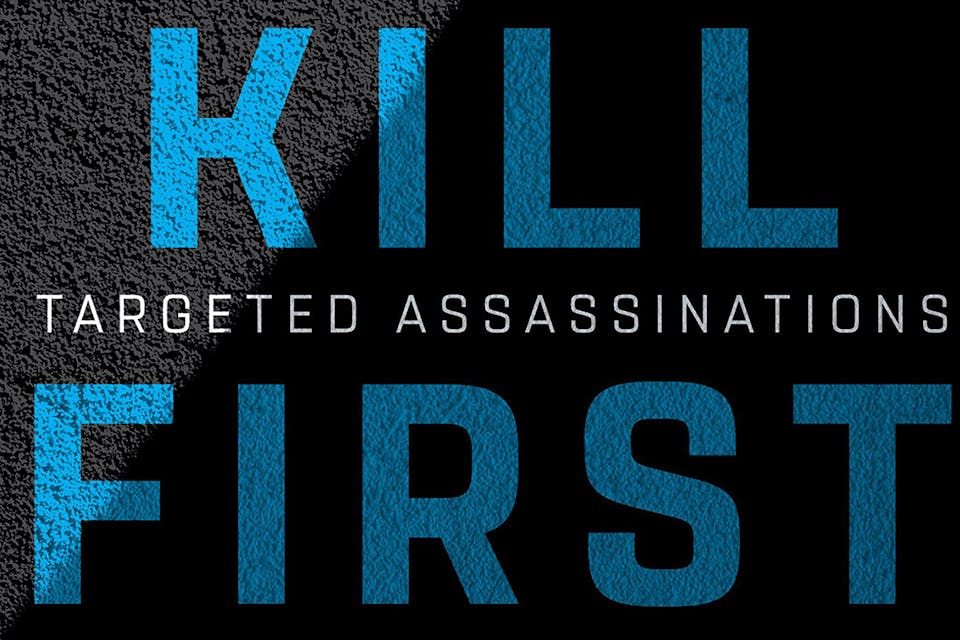
June 13, 2022
What’s Missing from “Rise and Kill First”
A book about Israel's targeted-assassination program has become legendary and will soon be brought to television. It's accurate in its facts, but misses on its judgments.
Last year, Iran’s chief nuclear scientist was killed while traveling by car in the town of Absard, not far from Tehran. Neither his wife nor the twelve bodyguards traveling with him were harmed. The operation, according to Jacob Wallis Simons of London’s Jewish Chronicle, was orchestrated by the Mossad using a team of twenty people and a one-ton remote-controlled machine gun. While the details were impressive, no one was very surprised by the idea that Israel might track down and kill individuals who threaten its safety. The most famous instance, perhaps, was the mission to punish the perpetrators of the Munich Olympics massacre (the subject of Steven Spielberg’s movie Munich).
One of the authors of the New York Times’s detailed account of the Iranian scientist’s assassination was Ronen Bergman, an Israeli journalist who has been covering his country’s clandestine operations for many years. His book on the subject, Rise and Kill First: The Secret History of Israel’s Targeted Assassinations, appeared in 2018. From the moment this book was released, I wanted to read it from cover to cover, including the 78 pages of detailed endnotes. Like many Israelis, I am eager to learn more about the storied episodes in the history of my country’s intelligence services. As a philosopher who has written extensively on the ethics of warfare, including targeted killings—and as an occasional advisor to the IDF and co-author of its 1994 code of ethics—I have a professional interest in the subject matter.
I was also drawn to the book by its author, who has distinguished himself with the thoroughness, fairness, and honesty of his reporting, and his strict adherence to journalistic standards. Unlike so many others in his field, he has assiduously avoided the sort of dependency on his sources that can undermine objectivity. He also benefits from possessing two advanced degrees from Cambridge University, which lend an academic rigor to his reporting. What I found was engrossing, but disappointing.